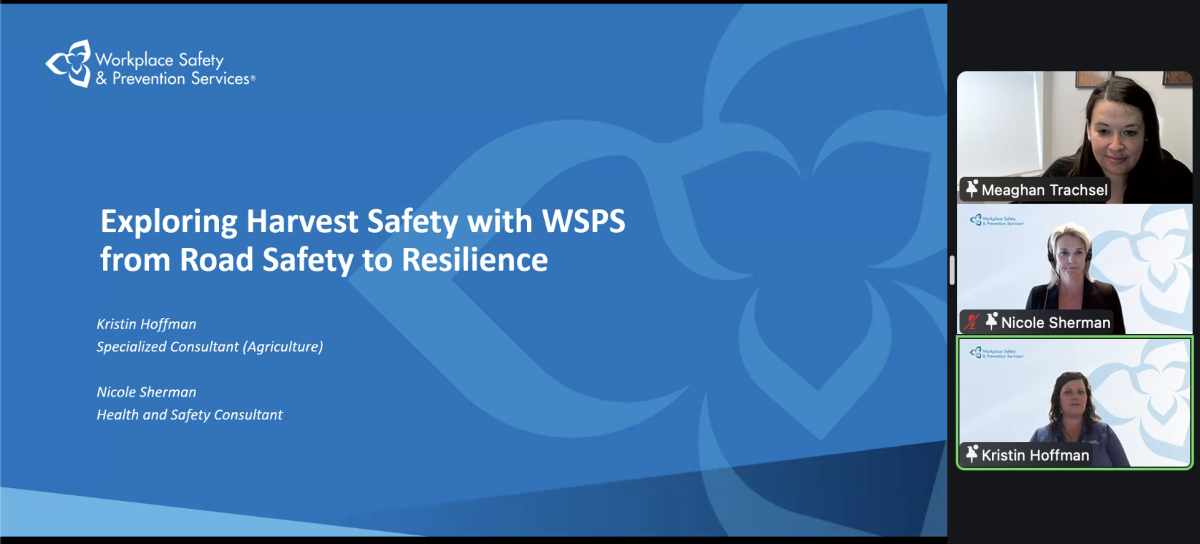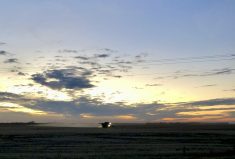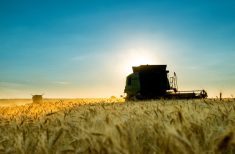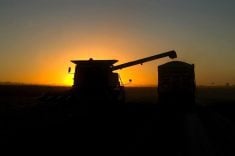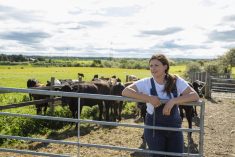During the stressful environment of the harvest season, farmers must keep themselves and their equipment safe and functional.
At the Canadian Agricultural Safety Association’s (CASA) 2025 Conference, Workplace Safety and Prevention Services (WSPS) Agriculture Consultant Kristin Hoffman gave tips for staying mentally and physically safe during one of the most important times of year for farmers.
Here are some of the key pieces of advice from Hoffman’s presentation:
Know the pressure and know your limits.
Hoffman said preparation and maintenance are key during the harvest, not just for machinery but for people as well.
Read Also

National survey of farmer and rancher mental health launches
The Canadian Centre for Agricultural Wellbeing has launched its third National Survey of Farmer and Rancher Mental Health in Canada.
“As you prepare your equipment, prepare yourself for the work,” she said. “Acknowledge that this is a high-pressure season, which requires us to really prepare.”
She said in the high-pressure environment of the harvest, it is more important than ever to keep an eye on basic needs like rest, hydration and nutrition.
“Some of the essentials of life become even more important during this season, when the two hours we thought we might (take) becomes four, six, eight and more,” she said.
“Ensure that … you have that sandwich for a break at some point throughout those many hours of harvest when you’re out in the field.”
Stay connected
Another way to stay safe during working hours is to be connected with trusted individuals like family members at all times, not only as emergency contacts but as someone you can check in with during the day.
Hoffman said it helps to share your location with that person “so that if you didn’t get home for dinner at the time that individual might expect and there isn’t an answer, they know whereabouts you might be.”
Farmers should be prepared for emergency situations in their equipment as well, and Hoffman suggested having emergency service numbers on hand, as well as equipment like fire extinguishers and first aid kits.
Know your route, prepare your equipment
Preparation and inspection of equipment and routes before leaving is also crucial for harvest safety. This can include being aware of surroundings and potential hazards on roads, including overhead wires and shoulders that can’t bear the load of heavy equipment.
Hoffman said even in cases where equipment would normally be within the necessary size limits, infrastructure like wires can age and droop dangerously close to the machine.
One of the ways she suggested to prepare is driving your expected route during daylight hours in a regular vehicle.
“How much width do you have, how much height do you have? Consider what you are going to be powering along those roads. Will it fit? And could there become challenges across narrow bridges or areas without shoulders?”
“When possible, choose those roads that are relatively low-traffic (and) give you all of the dimension requirements that you need,” she said. “Consider having an assistant along with you when you are traveling on the roads, to be sure that you’ve got eyes on front and rear.”
Farmers should also prepare their equipment with everything necessary for the day’s work before leaving the farm or the home. Part of this is to ensure visibility.
“Be seen. Light yourself up as you might in the Christmas or Halloween season on your equipment, no matter the time of year that you are traveling upon the roads.”
“I’ll recommend to you … place a (slow-moving vehicle sign) on every piece, the power unit as well as all of the implements.”
Hoffman said to be aware of your lights while travelling on roads, as rear lights could be distracting or dangerous for other drivers.
“Imagine coming up to a vehicle in your lane from the rear and two white lights are pointed back at you. You might interpret that there is a car travelling the wrong direction.”


